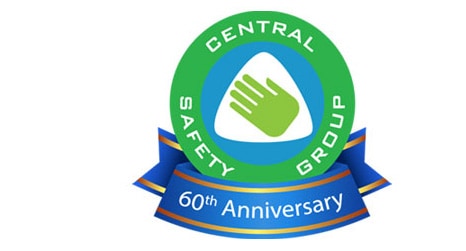In response to the first of this series of articles on Victoria’s proposed Psychological Health regulations, one reader provided an excellent outline of one of the roads leading to the proposal. It is certainly worth looking back to the Boland Review and recommendations, but it is also worth considering some of the politics around Minister Stitt’s announcement in May 2021.
Recently WorkSafe Victoria’s Principal Psychological Health and Safety Specialist, Dr Libby Brook, was interviewed on the Psych Health and Safety Podcast. In providing background to the proposed regulations, politics was touched upon, sort of, but it was good to hear directly from a WorkSafe representative on the issue and the proposed regulations. The interview illustrated some of the strengths and weaknesses in the regulations.







